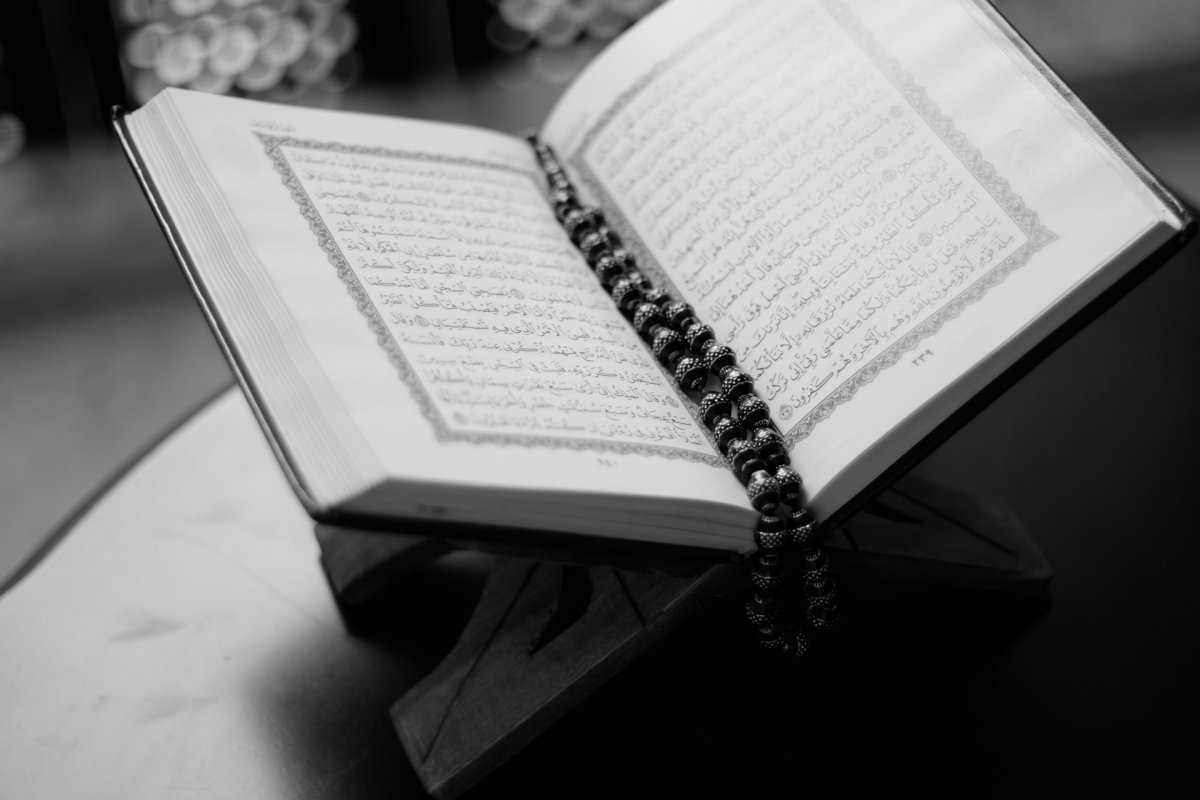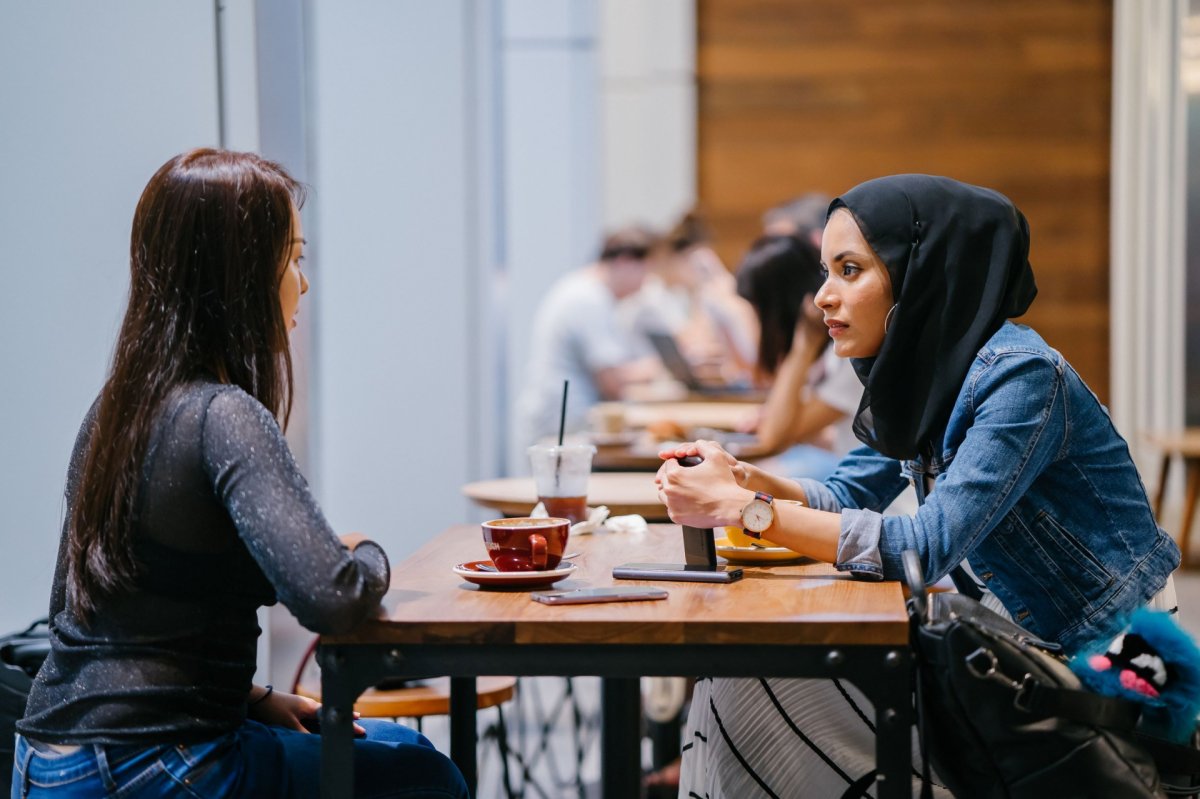Ramadan in Dubai: Everything you need to know

Your quick guide to how Ramadan is observed in Dubai
Words by Ankita Bhowmick in The Guides · May 5th, 2019
The holy month of Ramadan is the ninth month of the Islamic Calender. During this month, Muslims worldwide fast during the daylight, marking the lunar period in which Prophet Muhammad (PBUH) received his first revelations.
Dubai with Islam as its official religion has certain codes of conduct which not only Muslims but also residents and tourists of other faiths should abide by as a sign of respect to the local culture.
Luxhabitat takes you through a quick guide about everything that you know about Ramadan and how it is observed in Dubai.
When Is Ramadan Held

One of the five pillars of Islam, the date of Ramadan is officially announced when the crescent moon of the ninth month of the traditional Islamic calendar rises. The month lasts approximately 30 days. It comes to an end when the next new crescent moon gets to be sighted and closes with Eid al-Fitr.
This year, Ramadan in Dubai will most probably begin on the evening of 5th May and may end on the evening of 4th June, subject to moon-sighting.
How Is Ramadan Observed

It is an obligation for adult Muslims to fast from sunrise to sunset during Ramadan. During the fasting hours, they refrain from consuming food, drinks and cigarettes. However, those who are suffering from an illness, travelling, are elderly, pregnant, breastfeeding, diabetic, chronically ill or menstruating are exempted from fasting.
Suhoor
Suhoor is the pre-dawn meal that Muslims take before commencing their fast. The last meal before the sunrise, Suhoor is an important meal of the day as it helps those fasting retain energy during the entire length of the last. It also prevents them from feeling weak and keeps them hydrated throughout the day. The meal should ideally contain nutrients needed for a human body including proteins, carbohydrates, vitamins and minerals. The meals should also be cooked in a way so that they do not cause stomach discomfort and get digest easily.
Iftar
The fast of Ramadan is broken after the Maghrib prayer during sunset when families generally gather for the fast-breaking meal called Iftar. Traditionally, three dates and water are consumed to break the fast, which is generally followed by an array of mouth-watering delicacies. Social gatherings featuring iftar buffets are a common thing to be spotted around the city. Huge Iftar tents offering extensive buffets and shisha can be found in many parts of Dubai, especially in the major hotels of the city. Some hotels and restaurants also offer set menus.
Dos And Don'ts For Muslims During Ramadan

Besides refrain from eating, drinking and smoking during the fasting hours, following are the dos and don'ts that Muslims are supposed to abide by.
They should pray five times a day, recite the Holy Quran, give charity and practice forgiveness. They should refrain from losing patience, getting into quarrels and gossiping.
Dos And Don'ts For Non Muslims During Ramadan In Dubai

Though it is not compulsory for Non-Muslims to fast during Ramadan in Dubai, they are still expected to abide by certain codes of conduct as a respect to those fasting.
1. No one should eat, drink or smoke cigarettes in public during the fasting hours. They can opt to have food in of the many restaurants that offer private dining areas for Non-Muslims.
2. Non-Muslims should also make sure to dress appropriately and avoid clothes that are tight-fitting and those that display the shoulders and knees.
3. Playing loud music in public places is not acceptable during the fasting hours of Ramadan.
Things To Do During Ramadan In Dubai
1.Attend A Cultural Iftar Held By The Sheikh Mohammed Centre For Cultural Understanding

Sheikh Mohammed Centre for Cultural Understanding (SMCCU) will host public and private Iftars throughout Ramadan. They feature cultural and peaceful setting and offers a unique experience to the residents and tourists.
The Iftar will be held in the courtyard of the wind-tower house in the heart of Al Fahidi Historical Neighborhood. Guests are offered Arabic Coffee and dates as part of the experience. They can also watch their hosts pray before enjoying an array of Emirati dishes. They can also use the opportunity to ask questions about Ramadan, the culture or the traditions of the UAE to their hosts. After Iftar, the guests can visit the Diwan Mosque, which follows by dessert and tea at the SMCCU house.
2. Iftar At Emirates Bio Farm
Located in Al Ain, Emirates Bio Farm (EBF) is spread over an area of 250,000 sq km and is the largest organic farm in the UAE. As a part of the Ramadan experience, the farm will be hosting 'The Field to Plate' Iftar menu that has been specially curated so as to cater to a wide range of dietary requirements.
The dishes are wholesome, nourishing and delicious and include butternut squash soup, beetroot moutabel, kale salad, fattoush, eggplant ricotta lasagne, and Mediterranean okra. The highlight of their buffet is a lamb that is slow cooked in an earthen pot.
3. Ramadan Nights By Dish Catering
'Ramadan Nights by Dish' offers a unique pop-up culinary Iftar experience in a converted warehouse in Al Quoz. The guests are welcomed to experience the setting of a romantic garden with Moroccan lounge furniture and candlelit tables. The Ramadan menu features a range of delicacies that the chefs prepare in an open-plan show kitchen.